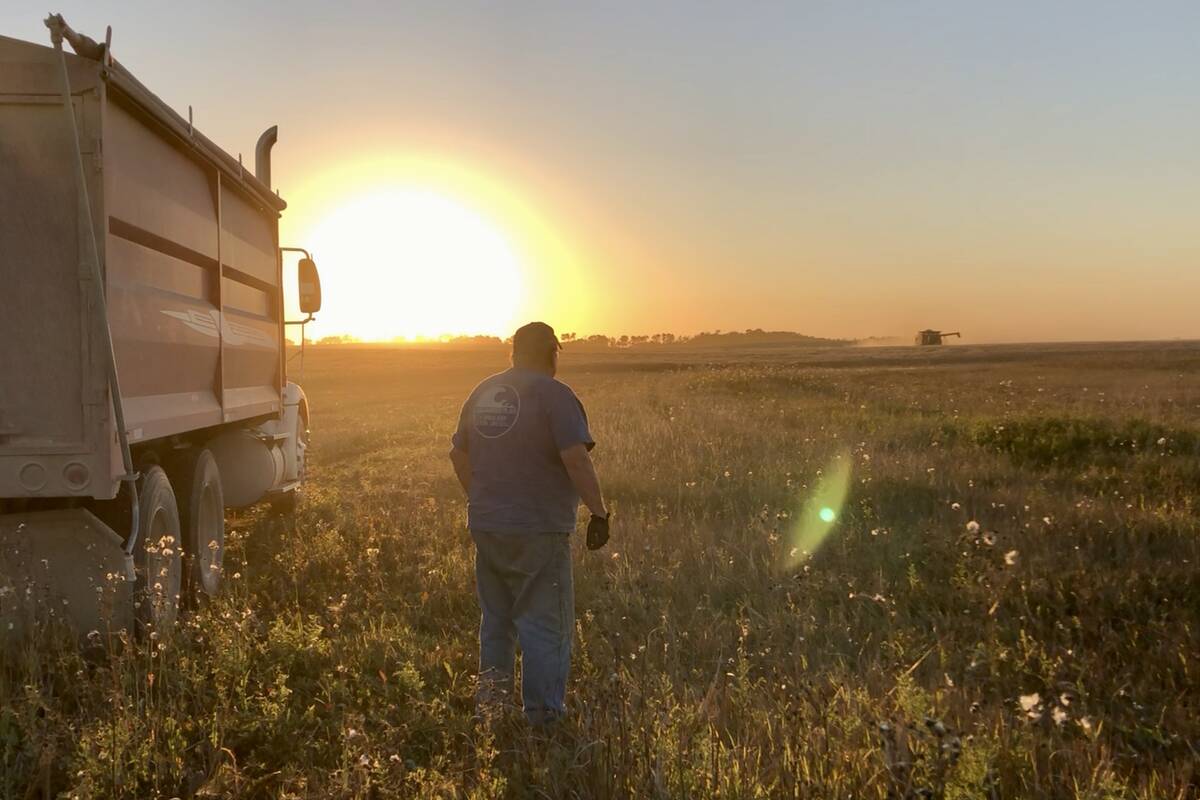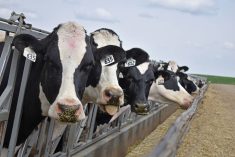The House of Commons has passed the private member’s bill that would keep supply managed sectors out of future trade talks.
Despite urging from many export-oriented sectors, MPs passed Bill C-282 by a five-to-one margin on June 21.
The bill moves to the Senate for more scrutiny, but both houses are now on summer break until mid-September.
Luc Theriault, the Bloc Quebecois MP who introduced the bill, closed debate June 19.
“We really hope that the results will be almost unanimous,” he said, and referred to a previous version of the bill that died on the order paper. “There were 293 members who voted for the bill and 23 who were not convinced of the merits of the bill.”
Read Also

VIDEO: Bittersweet harvest for this family farmhand
Bruce Burnett helps his brother harvest wheat and canola for the last time on the family farm in Manitoba where they both grew up.
This time, 51 were opposed.
“Today, the message is clear and unequivocal. Producers under the supply management system who help feed us must never again be tormented from being left wondering how badly they will be sacrificed on the altar of a free trade agreement,” Theriault said.
“They have given enough. No amount of compensation, no temporary one-off cheques, will make up for the permanent structural damage caused by the breaches contained in previous agreements.”
He said the Americans would never put sugar or cotton on the table and Japan would never offer up rice.
He said it is time Canada protected agriculture and promoted a balanced model that ensures stability of food sovereignty and security.
While many Conservative MPs voted against the bill, Richard Martel from Chicoutimi-Le Fjord said he supported it.
Martel sits on the standing committee on international trade, which studied the bill, and said although the BQ sponsored C-282, he had to agree with it, considering the hundreds of dairies in his region.
“The upshot is that farmers in Quebec are urging us to pass this bill,” he said. “My job as a parliamentarian is to listen to what my constituents and what the entrepreneurs in my riding are telling me on the ground.”
Throughout the debate, the division between dairy, eggs and poultry and the grain, beef and pork sectors was evident.
The Canadian Agri-Food Trade Alliance said it represented 90 percent of Canadian farmers, food manufacturers and agri-food businesses that rely on trade.
President Dan Darling, at second reading, said C-282 could result in a less ambitious trade agenda for Canada.
“This legislation creates a dangerous precedent and diminishes Canada as a free trade partner,” he said. “It contradicts established trade rules and severely constrains Canada’s ability to negotiate the best free trade agreements for all sectors of the Canadian economy, agriculture and non-agriculture alike.”


















